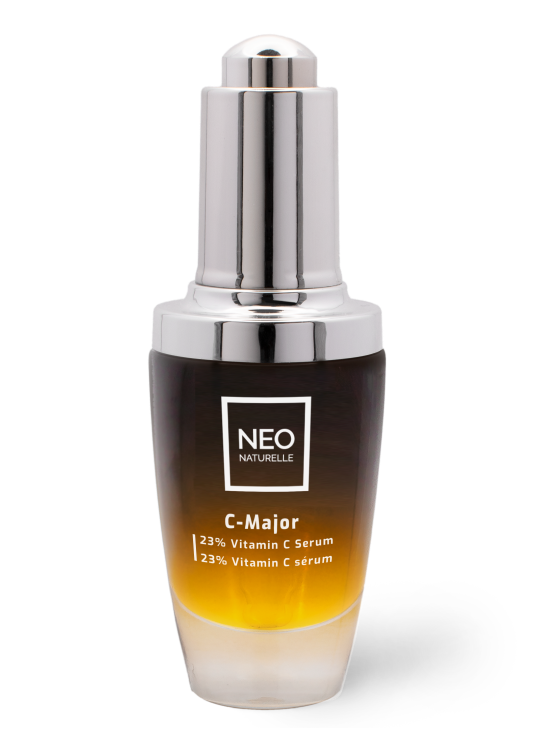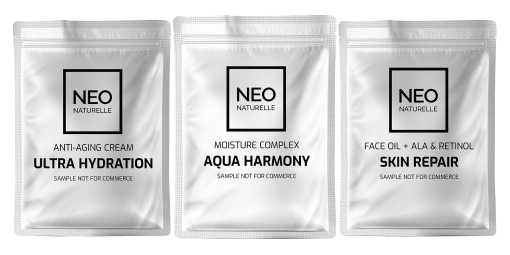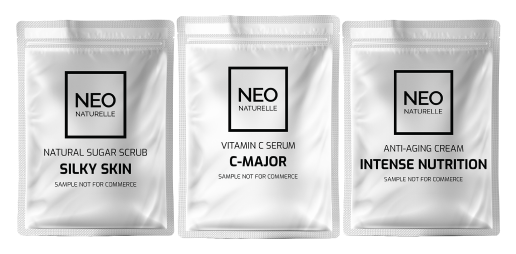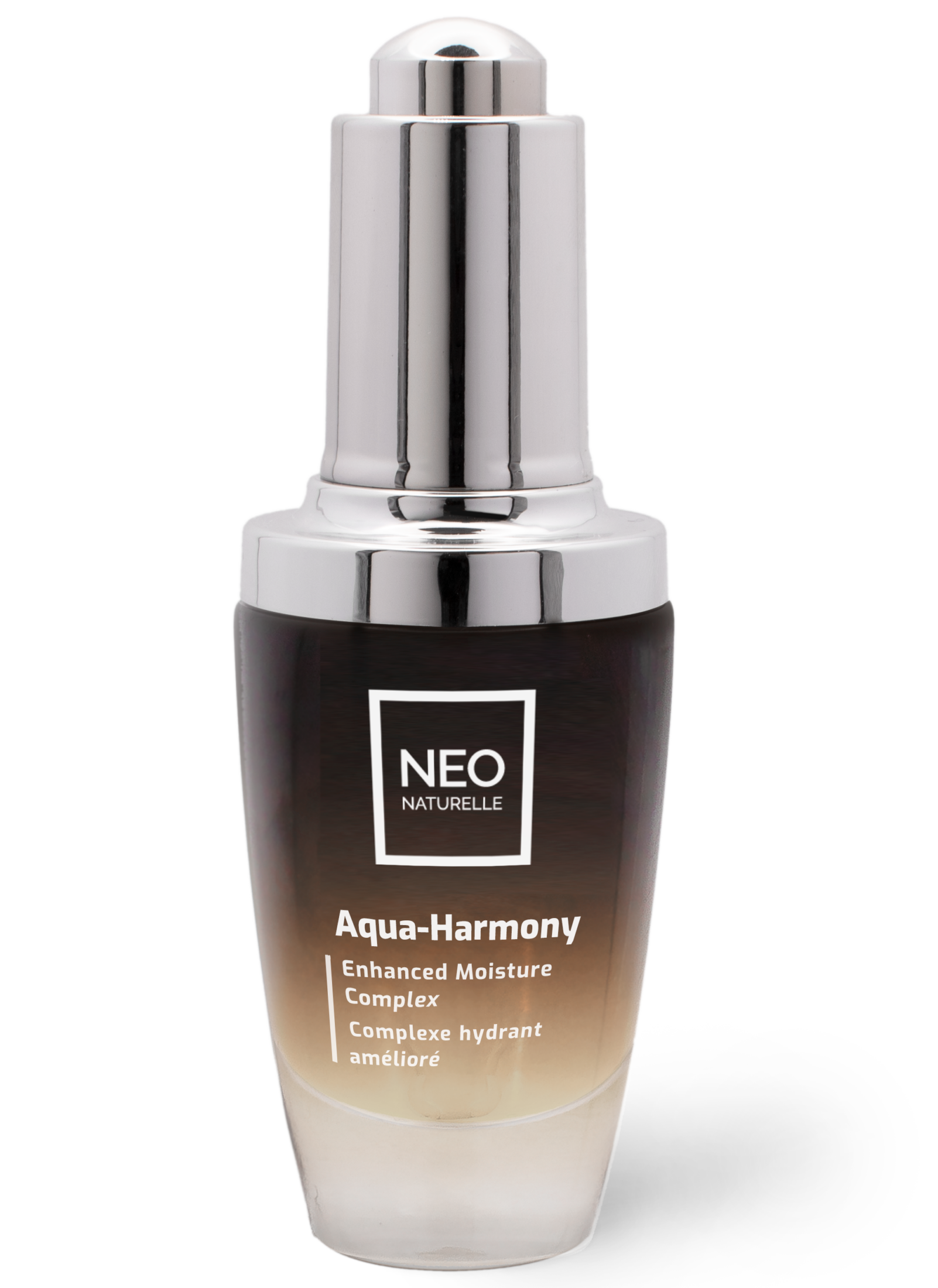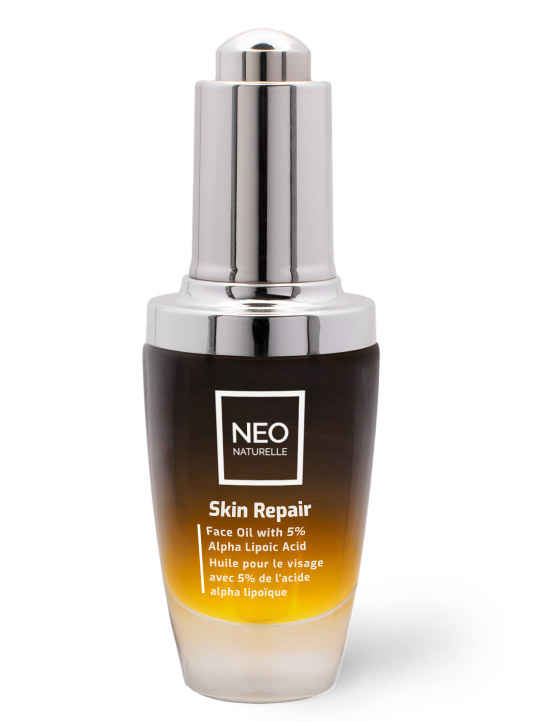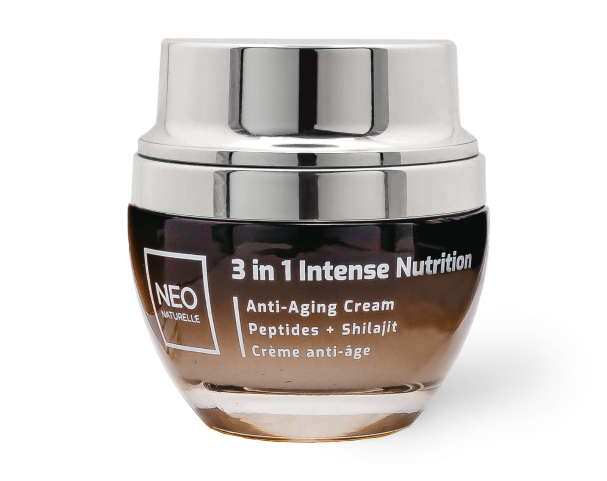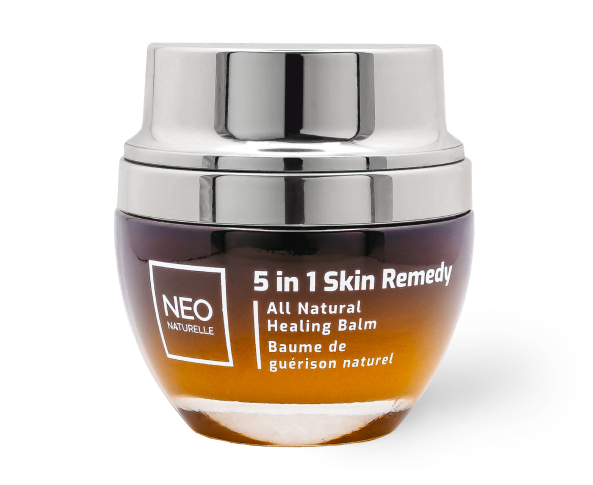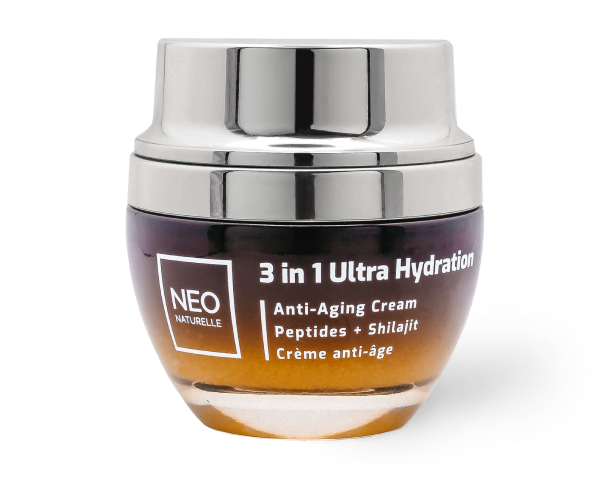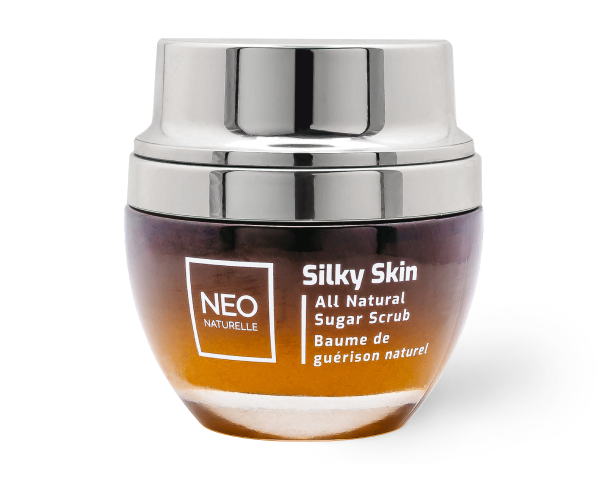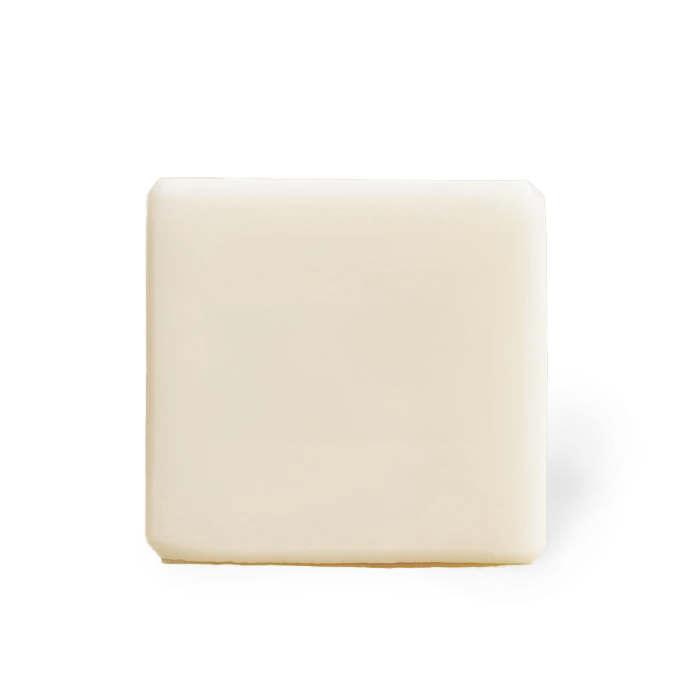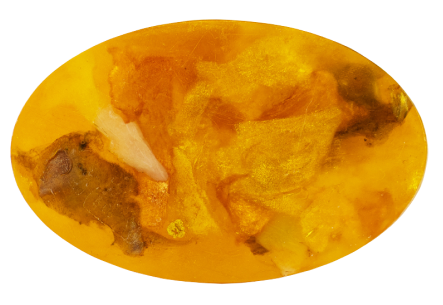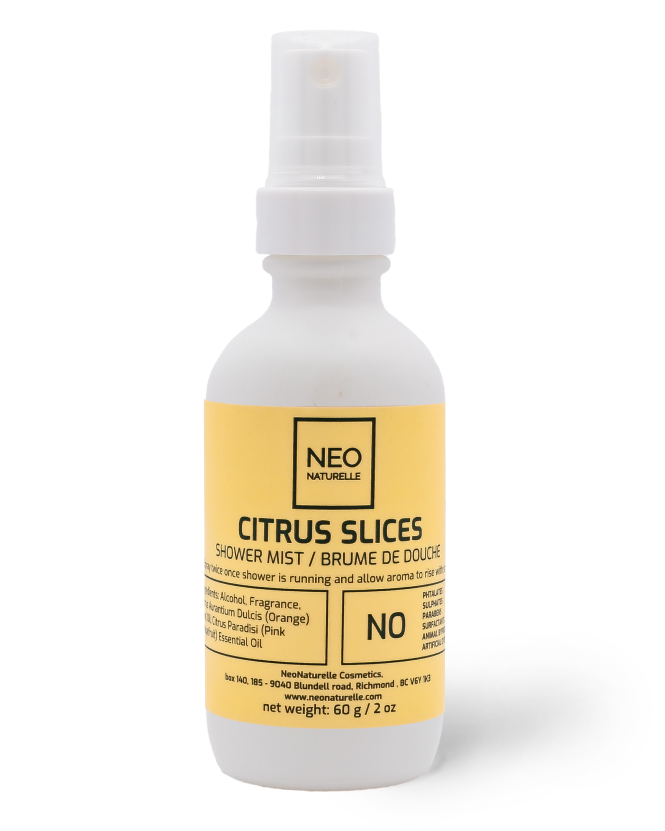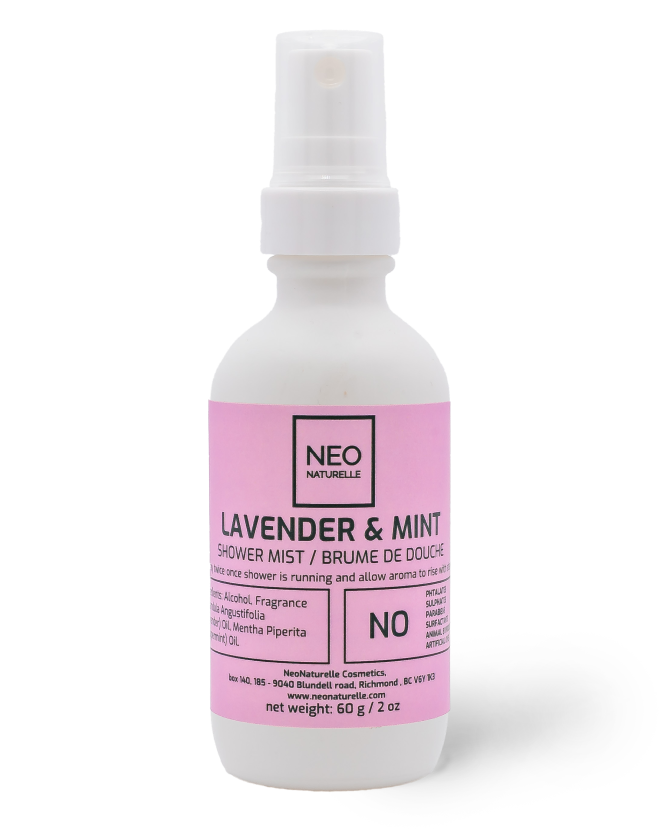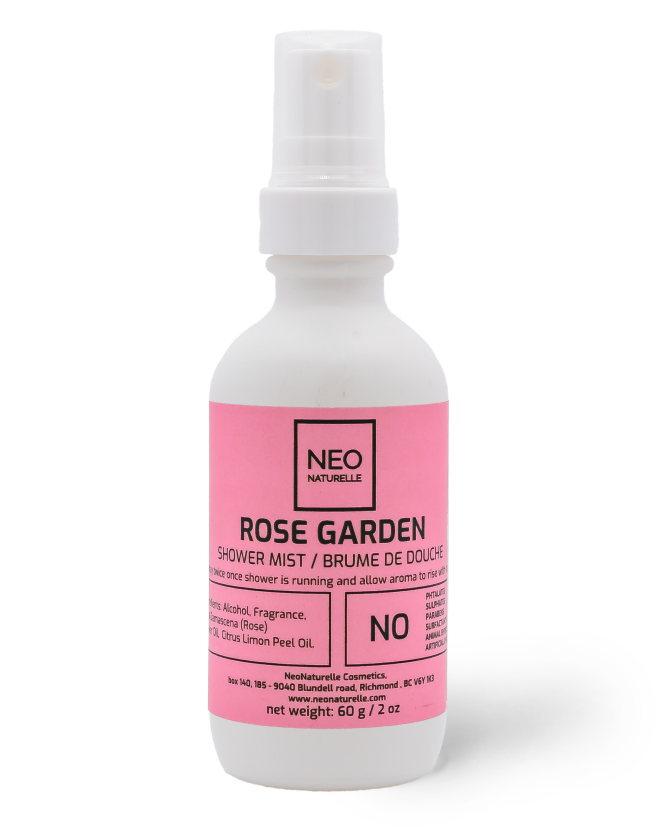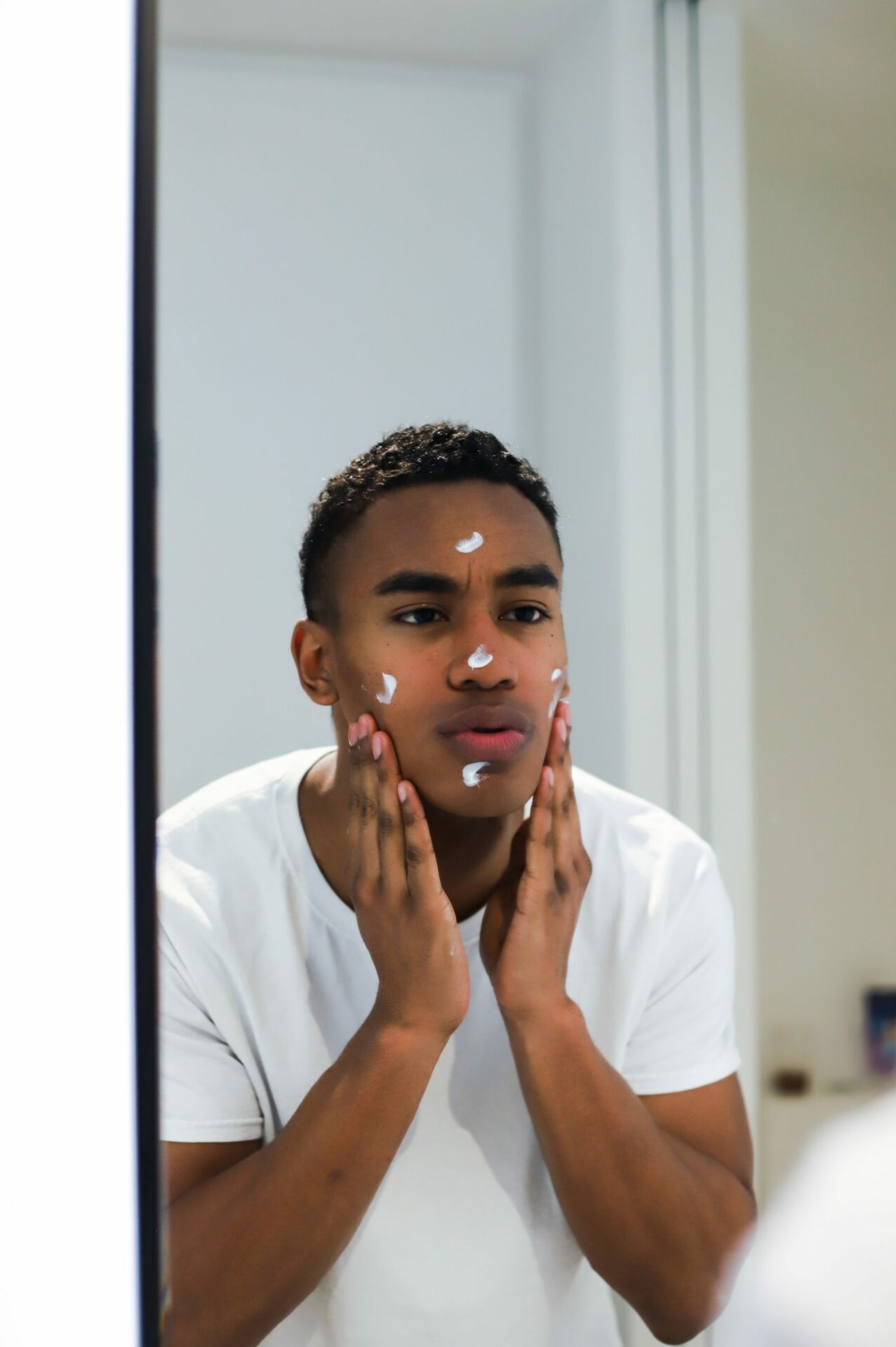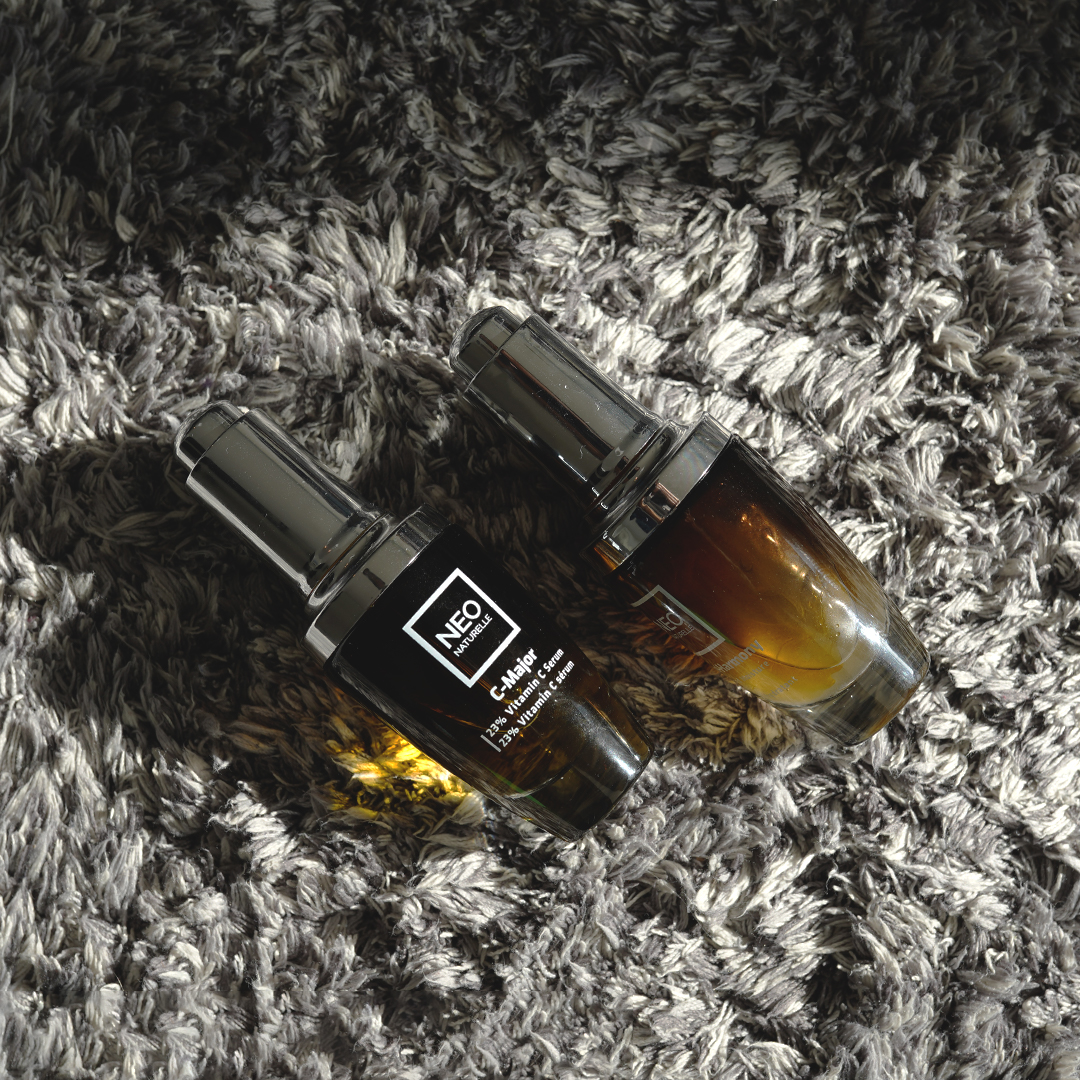Published on June 15, 2023
What you did not know about sunscreens and sun blockers!
By Marina
Physical sun blockers and chemical sunscreens are two of the most commonly used types of sun protection. Both options have their advantages and disadvantages, but they differ greatly in the way that they protect your skin from the sun’s harmful rays.
Let’s take a closer look at the differences between these two types of sunscreens and the potential side effects.
Physical sunblockers. Also known as mineral sun blockers, work by physically blocking the sun’s rays from penetrating your skin. They contain natural minerals such as titanium dioxide or zinc oxide, which create a barrier on the surface of your skin. These types of sunscreens are often thicker and more difficult to apply and can leave a white cast on the skin after application.
Chemical sunscreens contain organic compounds that absorb the sun’s rays, converting them into heat, which is then released from the skin. Chemical sunscreens are typically easier to apply and have a thinner consistency. However, these types of sunscreens can also penetrate the skin more easily and may cause irritation to those with sensitive skin.
Now, let’s talk about the potential side effects of using these types of Sun Protectors.
While it’s important to protect your skin from the harmful effects of UV radiation, some of the ingredients found in sunscreen and sunblock can have negative side effects.
Here are some of the things you should be aware of:
- Allergy and skin irritation – Some people may have an allergy to the ingredients in sunscreens and sunblocks such as oxybenzone, avobenzone, or octocrylene, which can result in redness, itching, hives, or a rash.
- Endocrine disruptors – Certain ingredients in sunblock, like oxybenzone, avobenzone, and octinoxate, can be classified as endocrine disruptors. These chemicals can mimic hormones in the body, potentially disrupting normal hormonal processes.
- There is also some concern that chemical sunscreens may interfere with the skin’s natural ability to regulate its own temperature. The skin relies on sweating to cool itself off in hot weather, and if a thick layer of sunscreen is applied, it may block the sweat ducts and prevent the skin from cooling down properly. Further research is required to confirm as to whether or not this is a significant concern.
- Physical blockers such as titanium dioxide or zinc oxide can also clog pores and cause breakouts.
- Potential exposure to nanoparticles – Some sunblock ingredients like zinc oxide and titanium dioxide can be made into nanoparticles for better UV protection. However, there is some concern that the nanoparticles could be absorbed into the body. Studies have suggested that nanoparticles in general can have negative impacts on human health, including the potential to cause cancer.
Also, we do not want to overlook an environmental concern. Potential damage to coral reefs – Certain ingredients in sunscreens such as oxybenzone and octinoxate have been found to contribute to the bleaching of coral reefs when they are washed off into the ocean.
Conclusion:
This consideration doesn’t ignore the importance of the sunscreen, but rather encourages users to opt for more natural, organic, or mineral sunscreens with fewer harmful chemicals. Looking out for the ingredients that might cause allergic reactions, endocrine disruptions, and other harmful effects comes down to personal responsibility, and treating our skin kindly is important to be kept in check.
In conclusion, both physical and chemical sunscreens have their pros and cons, and choosing the right type of sunscreen for your skin largely depends on your personal preference and skin type.
To minimize potential health risks, it is recommended to use products containing sunblockers/ sunscreens sparingly.
Daily use as suggested by many practitioners could pose a concern.
Do not jump on a “Buzz wagon”. We started using SPF product consistently 2 decades ago, there is not enough studies of a long-time effect of Sun blockers on human health. But there are legitimate concerns.
This is what I do:
If I am not planning to spend on the open sun more than 15 minutes a day – I do not use sunscreen.
Example: I am driving from home to work, from work to home, stopping for errands. I do not apply sunscreen.
If I am going to the beach, or do gardening, or plan any outdoor activities- I protect my skin with sunscreen.
